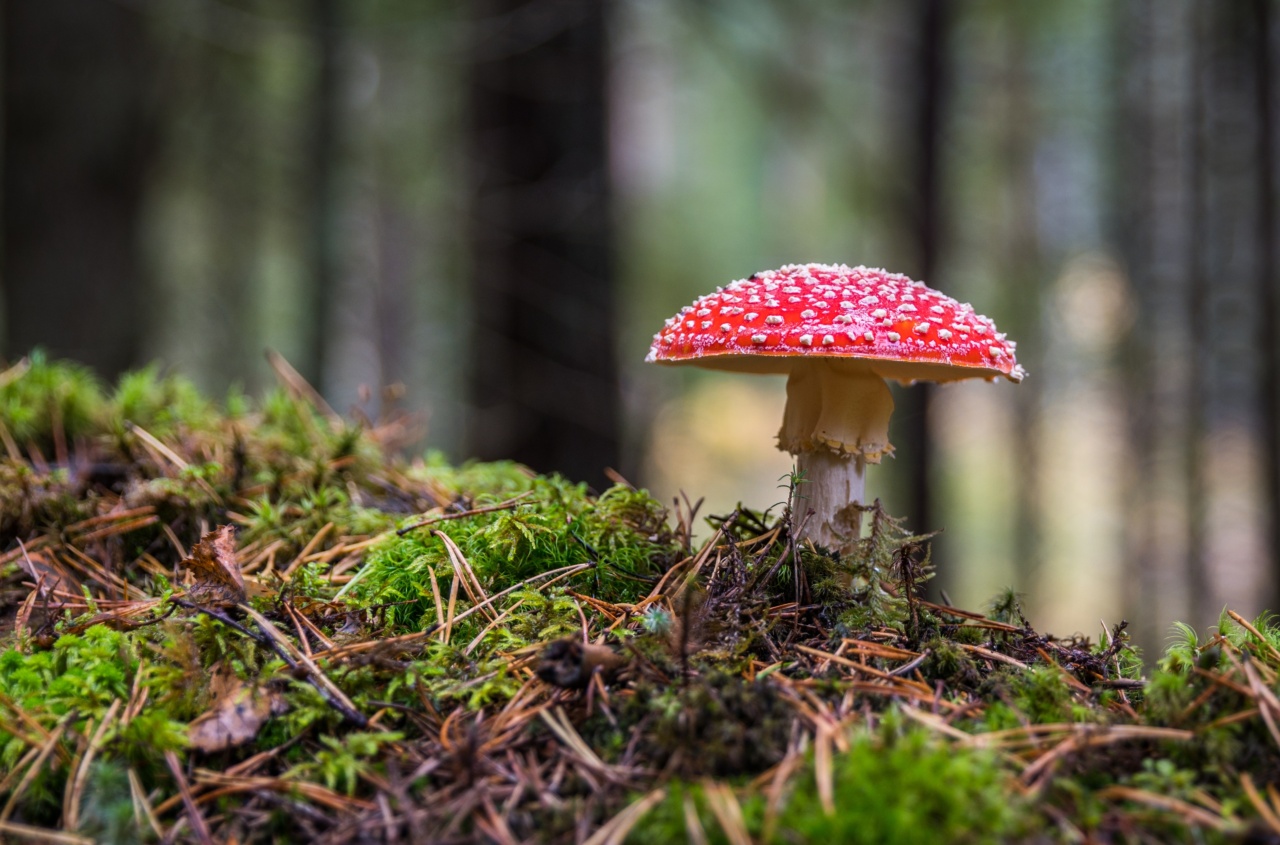Food poisoning is a common health issue that can put your overall wellbeing at risk. It is caused by consuming food that is contaminated with harmful microorganisms such as viruses, bacteria, and parasites.
Symptoms of food poisoning include nausea, vomiting, diarrhea, abdominal cramps, and fever. In severe cases, it can lead to hospitalization and even death. Here are some essential tips for preventing food poisoning:.
1. Wash Your Hands
Washing your hands is one of the most important things you can do to prevent food poisoning. It is easy for harmful bacteria to get on your hands while handling food, using the restroom, or touching pets.
To avoid germs, you should always wash your hands with warm water and soap for at least 20 seconds before handling food and after using the bathroom, changing diapers, handling pets, or blowing your nose.
2. Cook Food Thoroughly
Cooking food thoroughly is another essential step in preventing food poisoning. Heat kills harmful bacteria and viruses, so make sure your food is cooked to the right temperature.
Use a meat thermometer to check the internal temperature of meat, poultry, and seafood. For instance, ground beef should be cooked to 160°F, chicken to 165°F, and fish to 145°F.
3. Properly Store Food
Properly storing food is another critical step in preventing food poisoning. Keep raw meat, poultry, and seafood separate from other foods in the refrigerator. Make sure your fridge temperature is below 40°F and your freezer is below 0°F.
Throw out expired food, and clean your fridge, freezer, and pantry regularly to prevent cross-contamination.
4. Use Safe Water Sources
Using safe water sources is a crucial step in preventing food poisoning. Make sure to drink safe, filtered water and use it for cooking, washing produce, and making ice.
Do not use untreated water from lakes, rivers, or wells, and always boil water before using it if you are unsure of its safety.
5. Use Safe Food Sources
Another critical step in preventing food poisoning is using safe food sources. Always buy your food from reputable sources, such as grocery stores, farmers’ markets, and trusted online vendors.
Make sure to check expiration dates, and avoid buying food that looks spoiled or has an unusual odor or color.
6. Handle Food Safely
Handling food safely is essential to prevent food poisoning. Always wash your hands before and after handling food, and use different utensils, cutting boards, and plates for raw and cooked foods.
Store leftover food in the fridge immediately after eating, and reheat it to 165°F before eating again.
7. Avoid Risky Foods
Avoiding risky foods is another crucial way to prevent food poisoning. Raw or undercooked meat, poultry, seafood, and eggs can harbor harmful bacteria and viruses that can cause food poisoning.
Unpasteurized milk and dairy products, raw sprouts, and uncooked flour and dough should also be avoided.
8. Be Aware of Travel Risks
If you are traveling, it is essential to be aware of the food risks in certain regions or countries. Avoid eating food from street vendors and unpurified water or ice. Stick to cooked foods, fruits that can be peeled, and bottled or boiled water.
9. Be Alert for Symptoms
If you experience nausea, vomiting, diarrhea, stomach cramps, or fever after eating, you may have food poisoning. Seek medical attention if your symptoms are severe or persist for more than two days.
Dehydration is a significant risk during food poisoning, so make sure to drink plenty of fluids to prevent it.
10. Practice Safe Food Handling in the Kitchen
Handling food safely in the kitchen is key to preventing food poisoning. Make sure to keep your kitchen clean, wash your hands frequently, and separate raw and cooked foods to avoid cross-contamination.
Use a food thermometer to ensure your food is cooked safely, and refrigerate leftovers promptly.





























